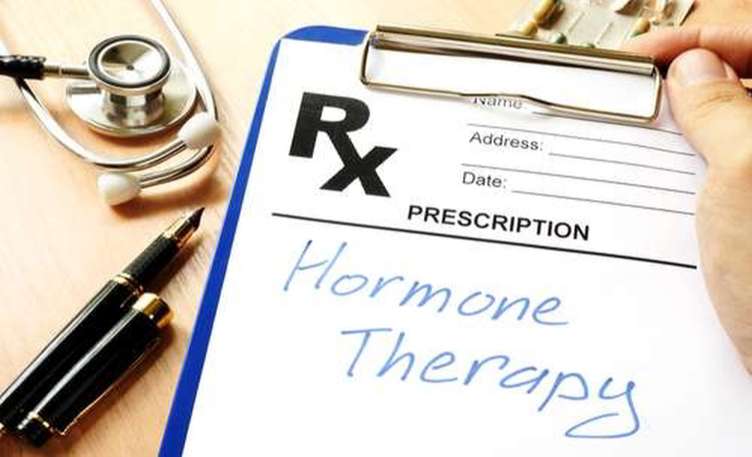Hormone Therapy for Breast Cancer

Hormones called oestrogen and progesterone are produced by the ovaries in pre-menopausal women while in post-menopausal women they are created by other tissues, including fat and skin. Breast cancer is sometimes known to use oestrogen and progesterone to develop, grow and spread. Hence, these specific cancers are known as hormone-sensitive or hormone-dependent breast cancers. They are further classified as oestrogen receptor positive (ER+) or progesterone receptor positive (PR+) breast cancer.
The main treatment modality for treating this cancer is hormone therapy where the aim is to stop or alter the production of oestrogen and progesterone. It is known to be immensely effective on patients having ER+ or PR+ breast cancer and is not used for other types.
Hormone therapy drugs are taken orally or with the help of intravenous fluids.
The Advantages
Since hormone therapy drugs stop the production of oestrogen and progesterone, the cancer that feeds on these hormones to grow, are affected. Hormone therapy also has other benefits, such as:
- It stops cancer from developing in other breast tissues as well as in other parts of
the body. - Helps in reducing the size of the tumour before surgery, which improves the chances of removing it totally.
- Obstructs cancer from reappearing with a long-term treatment.
The Side Effects
While hormone therapy is used by leading medical institutions as an option to fight breast cancer, it has certain side effects. Fatigue, nausea, pain in the joints and muscles, hot flashes, vaginal discharge and vaginal dryness or irritation are some of the side effects. It could also lead to impotence in men suffering from the disease.
Hormone therapy is also a risk factor for critical illnesses like heart disease, endometrial or uterine cancer, stroke, cataract, clotting of blood in the veins, and osteoporosis. However, these are not very common.
“The side effects of hormone therapy are mentioned in the literature handed out to patients but in practice, these incidences are not very high. Most of the treatment plans have their own set of advantages as well as disadvantages and the same goes for hormone therapy,” says Dr. Rajeev Agarwal, Director, Breast Services, Medanta – The Medicity.
Dr. Agarwal also adds that patients who are in the early-stage of hormone-sensitive breast cancer often benefit from hormone therapy.
While undergoing hormone therapy for breast cancer, a patient needs to see their doctor at regular intervals. It is highly advisable to report any side effects as this not only helps the patient but also the doctor to get a clear view of the outcome and make required changes in the treatment plan, if necessary.






